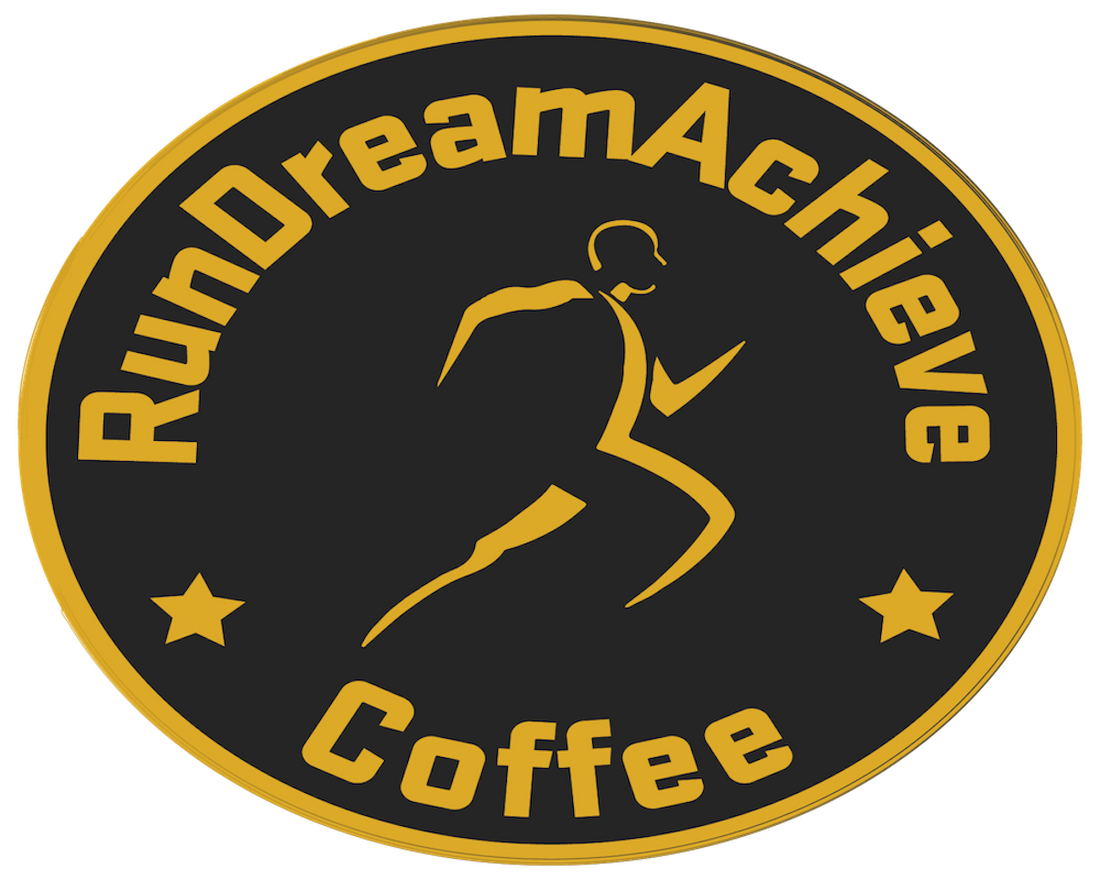
Is Coffee Bad for Athletes
Share
Are you looking for more information regarding this topic of is coffee bad for athletes? If so, then welcome to RunDreamAchieve Coffee. I am glad you have made it here and hope this post and our resources will be helpful to you.
As an experienced athlete, I've always been curious about the relationship between coffee and athletic performance. The debate around whether coffee is beneficial or detrimental to athletes has been ongoing, and I've decided to dive deeper into this topic to uncover the truth.
Introduction to the coffee and athletic performance debate
The consumption of coffee has long been a topic of discussion in the athletic community. Some athletes swear by the energizing effects of caffeine, while others avoid it altogether, fearing potential negative impacts on their performance.
In this post, we'll explore the various perspectives on this issue and examine the scientific evidence to determine whether coffee is truly an asset or a liability for athletes.
The impact of caffeine on athletic performance
Caffeine, the primary active ingredient in coffee, is a well-known stimulant that can have significant effects on the body.
When consumed, caffeine can increase heart rate, blood pressure, and energy levels, potentially enhancing athletic performance.
However, it's important to understand that the impact of caffeine can vary greatly depending on the individual, the amount consumed, and the timing of consumption.
Benefits of coffee for athletes
One of the potential benefits of coffee for athletes is its ability to improve endurance.
Studies have shown that caffeine can enhance fat metabolism, allowing the body to rely more on fat as a fuel source during exercise, thereby delaying the onset of fatigue.
Additionally, caffeine has been linked to improved cognitive function, which can be particularly beneficial for athletes who need to make quick decisions and maintain focus during competition.
Potential drawbacks of coffee consumption for athletes
While coffee can provide some benefits, it's also important to consider the potential drawbacks.
Excessive caffeine consumption can lead to issues such as jitteriness, anxiety, and disrupted sleep patterns, all of which can negatively impact athletic performance.
Additionally, coffee can have a diuretic effect, leading to dehydration, which can be a significant concern for athletes engaged in intense physical activity.
Studies and research on the effects of coffee on athletic performance
Numerous studies have been conducted to examine the relationship between coffee consumption and athletic performance.
The results have been somewhat mixed, with some studies showing positive effects and others indicating negative impacts.
It's important to note that the specific effects can vary depending on factors such as the type of sport, the intensity of the activity, and the individual's caffeine sensitivity.
Factors to consider when consuming coffee as an athlete
When it comes to consuming coffee as an athlete, there are several factors to consider. The timing of consumption, the amount of coffee consumed, and the individual's tolerance to caffeine can all play a significant role in determining the impact on athletic performance. It's essential to experiment and find the right balance that works best for your unique needs and preferences.
Alternative options for athletes who want to avoid coffee
For athletes who prefer to avoid coffee or are sensitive to caffeine, there are alternative options available. These include energy drinks, pre-workout supplements, and natural sources of caffeine, such as green tea or yerba mate. It's important to carefully research and evaluate these alternatives to ensure they align with your athletic goals and overall health.
Expert opinions and recommendations on coffee consumption for athletes
To gain a more comprehensive understanding of the topic, I've consulted with several sports nutrition experts and athletes who have personal experiences with coffee and its impact on their performance. The opinions and recommendations gathered from these sources provide valuable insights that can help athletes make informed decisions about their coffee consumption.
Personal experiences of athletes with coffee and its impact on performance
In addition to the expert opinions, I've also gathered personal accounts from fellow athletes who have experimented with coffee and its effects on their athletic performance.
These first-hand experiences offer a unique perspective and can help illustrate the nuances of how coffee can impact different individuals in various sports and training contexts.
Conclusion: Balancing coffee consumption and athletic performance
In conclusion, the relationship between coffee and athletic performance is a complex one, with both potential benefits and drawbacks.
As an athlete, it's essential to approach this topic with an open mind, carefully considering the available research, expert opinions, and your own personal experiences.
By finding the right balance and understanding your individual response to coffee, you can optimize your performance and achieve your athletic goals.